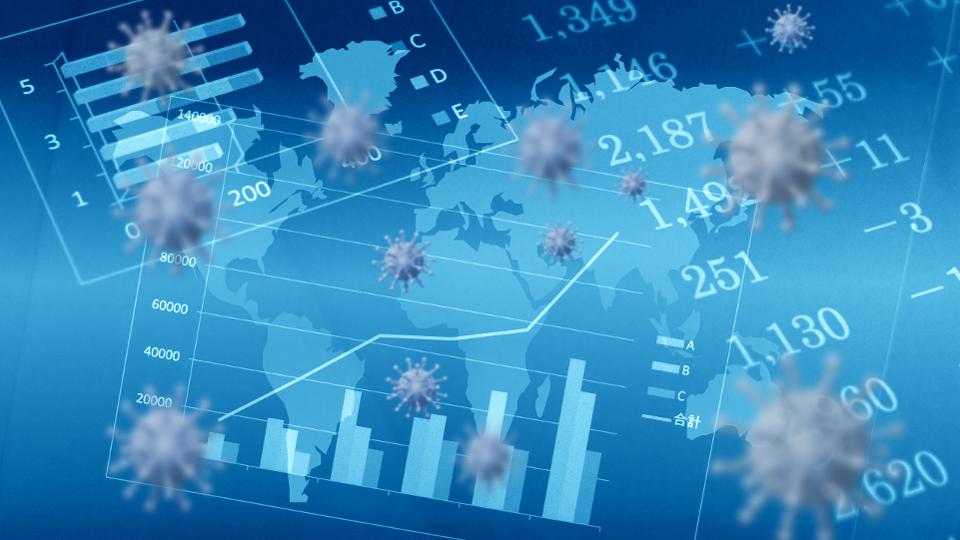Data Digest: Applying Big Data Analytics to the Coronavirus
- May 22, 2020
- Posted by: admin
- Category: Big Data Analytics

Since its inception, Big Data has found extensive use across a wide spectrum of industries all over the world. For instance, marketing endeavors and customer experience have never been the same ever since businesses started adopting Big Data and analytics.
Today, when the world is completely shaken by the novel coronavirus, data experts are joining hands with health workers and healthcare research teams to find solutions to unite and save the world from this global pandemic. Many healthcare startups have also shown interest in this regard, and are coming up with initiatives offering Big Data solutions in this fight against the coronavirus.
How can Big Data analytics help in this battle?
In an attempt to curb the spread of the infection, data centers are now using information collected from analytics software to track people who have tested positive for the coronavirus. This information is then being used to predict more cases of infection so that health workers can be fully prepared from beforehand to stock resources for treatment.
Apart from resources for treatment, Big Data analytics have also highlighted certain insights by monitoring the online shopping activities of consumers in a certain neighborhood. For example, if some consumers place orders for a large number of toilet paper rolls, then it is clearly indicative of an imminent scarcity of toilet paper in that locality very soon. And before it poses real problems, arrangements can be made to replenish toilet paper rolls in that locality.
These are just a few of the various ways in which data is helping to combat the novel coronavirus and its effects on society.
Experts suggest that distributing the projects, especially those researching molecular dynamics can help in providing more information about coronavirus infection.
Taiwanese scientists have already started deriving insights from the behavior of the virus by applying analytics. They have managed to learn the characteristics of the peptomer spikes of the virus and how they attach to human cells and inject their DNA. Scientists are hopeful about learning more about these spikes in the long run to formulate drugs that could stop the progression of the lifecycle of the virus. To begin with it, they are targeting the protein binding mechanism of the virus so that it can be tampered resulting in an inhibitory effect.
How effective can nutrition data be?
With the help of already existing analytics models based on nutritional data, scientists are also trying to find out how many people might have a chance of contracting this virus at least once in their lifetime.
They decided to embark on this journey after being inspired by other disease prevention research models established earlier. Although the previous models focused mainly on the contraction of Alzheimer’s disease, scientists feel the same paradigm will work perfectly for the coronavirus case as well.
In this prevalent turbulence, incidents of healthcare scams have also been reported. Scientists are employing Big Data and data security techniques to curb such cases too. This highlights the multifaceted solutions that Big Data can offer in this modern-day global crisis.
